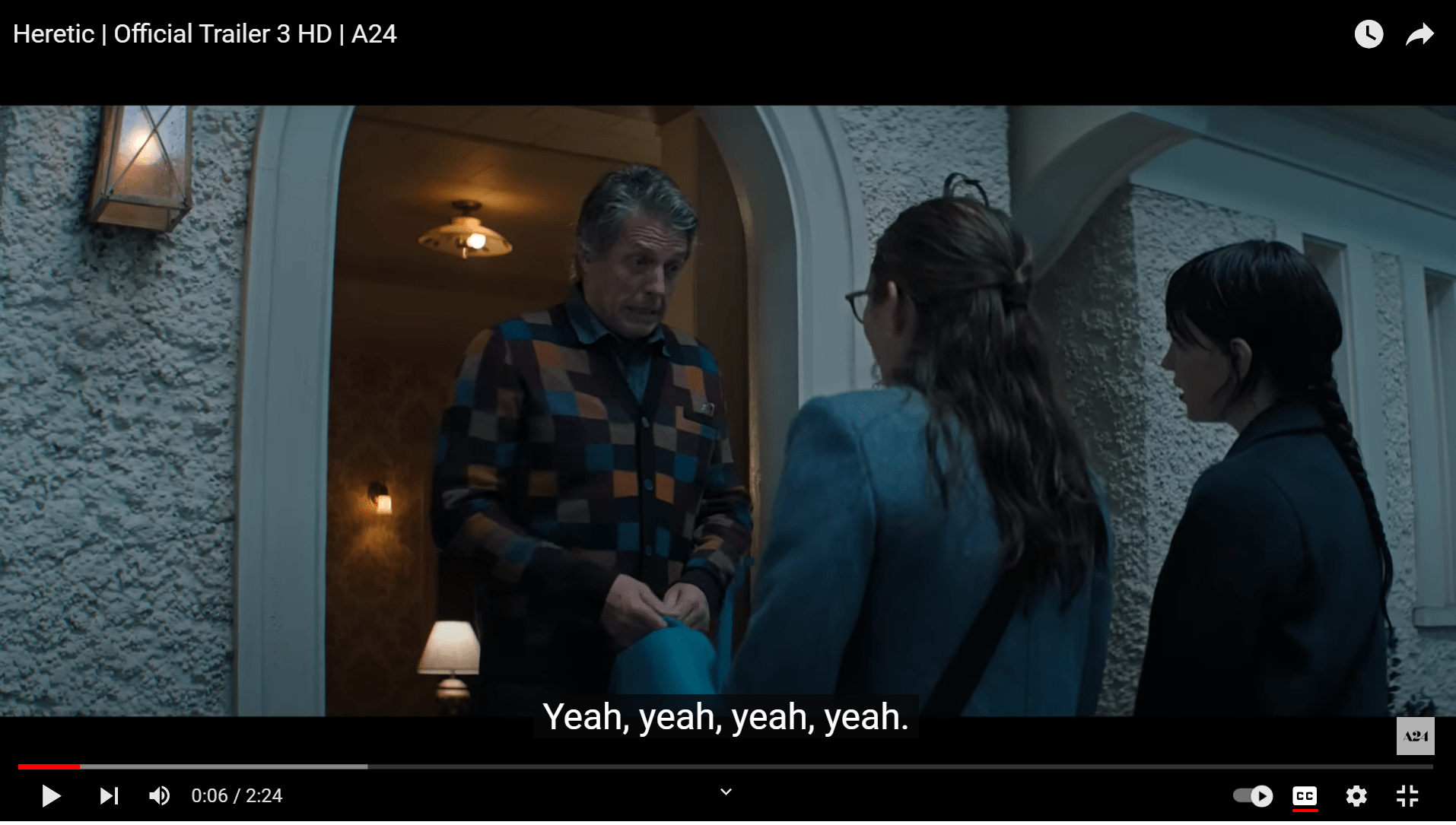Sam has asked me to write a paragraph on this question because persons are troubled by horror. It is the same conventional reaction to Mary Shelley’s Frankenstein, which is a film directed by Kenneth Branagh. Horror disturbs conventional thinking. To be a heretic is to be a proponent of heresy, which is any belief or theory that is strongly at variance with established beliefs or customs, particularly the accepted beliefs or religious law of a religious organization. Heretic Humanism is a humanism, which is a commitment to values of humanity, whereby belief and disbelief demonstrates that the values of humanity are not sufficiently located in orthodoxy belief and practice.
I would contend, like most contemporary theologians, cultural and conventional Christianity is not orthodoxy. It is controlled as an orthodox devise, but it is not actually orthodoxy, as a Christian doctrine, which says the core beliefs of faith have not changed over millennia. That is simply not true, for the very reason, that biblical and liberal hermeneutics (rules of interpretation) have both changed significantly over the centuries.
Most educated Christians are more heretics than the ancient Christians of Rome. The uneducated Christians are just idiots. The same can be said of all believers, including atheists, agnostics, materialists, and all ignorant persons who think they know more by not being educated (learning), including those who think this sentence means rejecting a believer for the act of believing. Education, Learning, Knowledge, all requires belief, and doubt-“unbelief” is only another form of belief.
A heretic has the opportunity to find their own humanity. This is the message of the film. Heretic is an intense, chilling, and frighteningly sincere discussion about the horror of ideas.
Invitation: https://www.meetup.com/humanists-brisbane/events/304037981/?eventOrigin=group_upcoming_events
Heretic Humanism. Friday | November 08, Elizabeth Street Theatre
Details
Are you ready to be frighten? Are you a heretic humanist?
The HB Film group is doing something different next month, to keep you on your toes.
Heretic
Date: Friday, November 8
Time: 6:30 PM (110 minutes)
Location: Elizabeth Picture Theatre
Screen: Tara Room 1
Charity Tickets Available: 2 x ADULT
Film starts at 6:30 PM (110 minutes) at the Elizabeth Street Theatre, Brisbane City.
Gather start at 6:00 pm in foyer. Only two tickets have been prebooked. I will hold these tickets as “charity offers”. If you’re financially struggling but would like to come along, contact Neville on 0416 046 429. First in, First served. Otherwise it is recommend to prebook your own ticket, as this is a special screening: go to:
https://www.fivestarcinemas.com.au/the-elizabeth/movie/heretic
We will have supper after the film, and discuss the theme.
BIBLIOGRAPHY
Erdozain, Dominic (2016). The Soul of Doubt : the religious roots of unbelief from Luther to Marx. Oxford University Press
Davis, N. J., & Robinson, R. V. (1996). Are the Rumors of War Exaggerated? Religious Orthodoxy and Moral Progressivism in America. American Journal of Sociology, 102(3), 756–787. http://www.jstor.org/stable/2782462
Henderson, John B. (1998). The Construction of Orthodoxy and Hersey, State University of New York Press.
Hilliard, David (2005). Unorthodox Christianity in South Australia, History Australia, 2:2, 38-1-38-10, DOI: 10.2104/ha050038
Kim, David W. and Duncan Wright (2024). Socio-Anthropological Approaches to Religion: Environmental Hope (Rowman & Littlefield).
Myers, B. (2008). “Following the Way Which Is Called Heresy”: Milton and the Heretical Imperative. Journal of the History of Ideas, 69(3), 375-393. Retrieved May 6, 2020, from www.jstor.org/stable/40208030
O’Connor, B. (2011). Implications of Catholic-Orthodox Engagement. Angelicum, 88(3), 741-750. Retrieved April 29, 2020, from www.jstor.org/stable/44616352
Struckmeyer, Kurt (2017). An Unorthodox Faith, Resource Publications (CA).
Vine, M., & Carey, M. (2017). Mimesis and Conspiracy: Bureaucracy, New Media and the Infrastructural Forms of Doubt. The Cambridge Journal of Anthropology, 35(2), 47–64. https://www.jstor.org/stable/26877569
Featured Image: The Heretic Yeah

Neville Buch
Latest posts by Neville Buch (see all)
- Dear grossly, ethically, corrupted - December 21, 2024
- Thoughts with a Professional History colleague on “Artificial Intelligence” - December 21, 2024
- Stephanie M. Lee on “AI by omission”, The Chronicle of Higher Education, Thursday, December 19, 2024 - December 20, 2024
